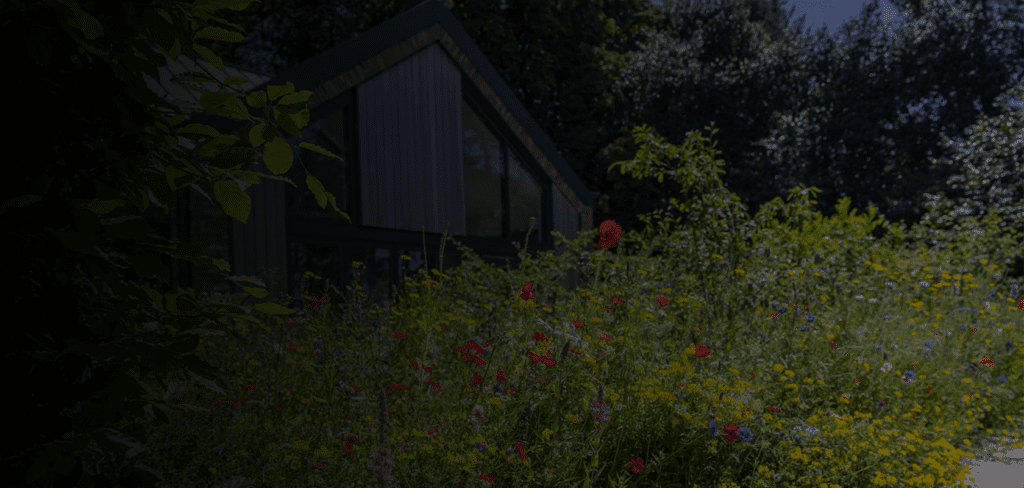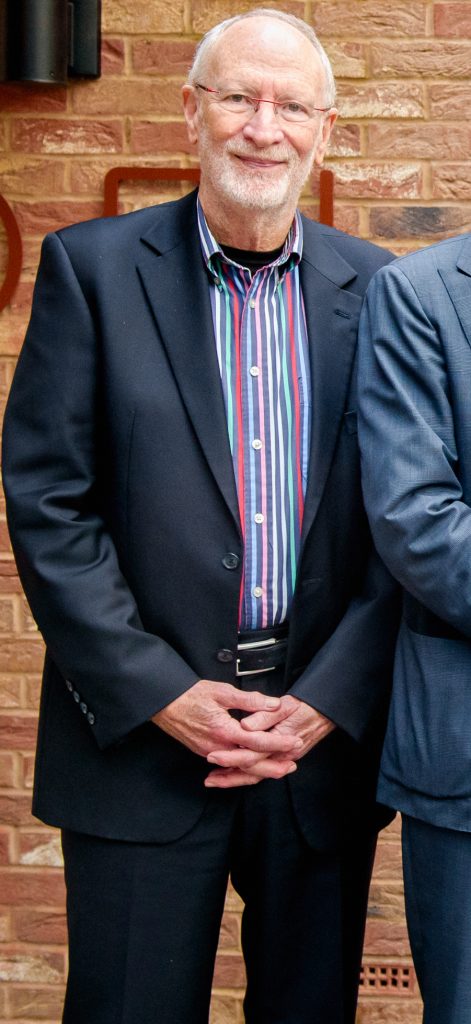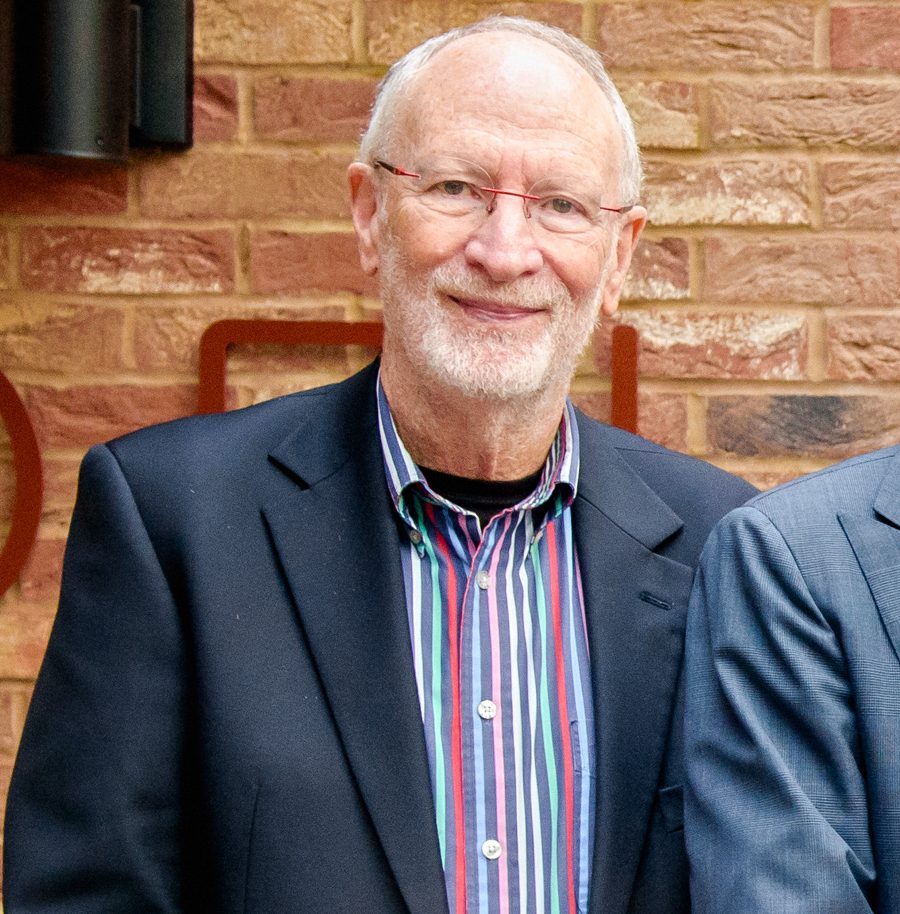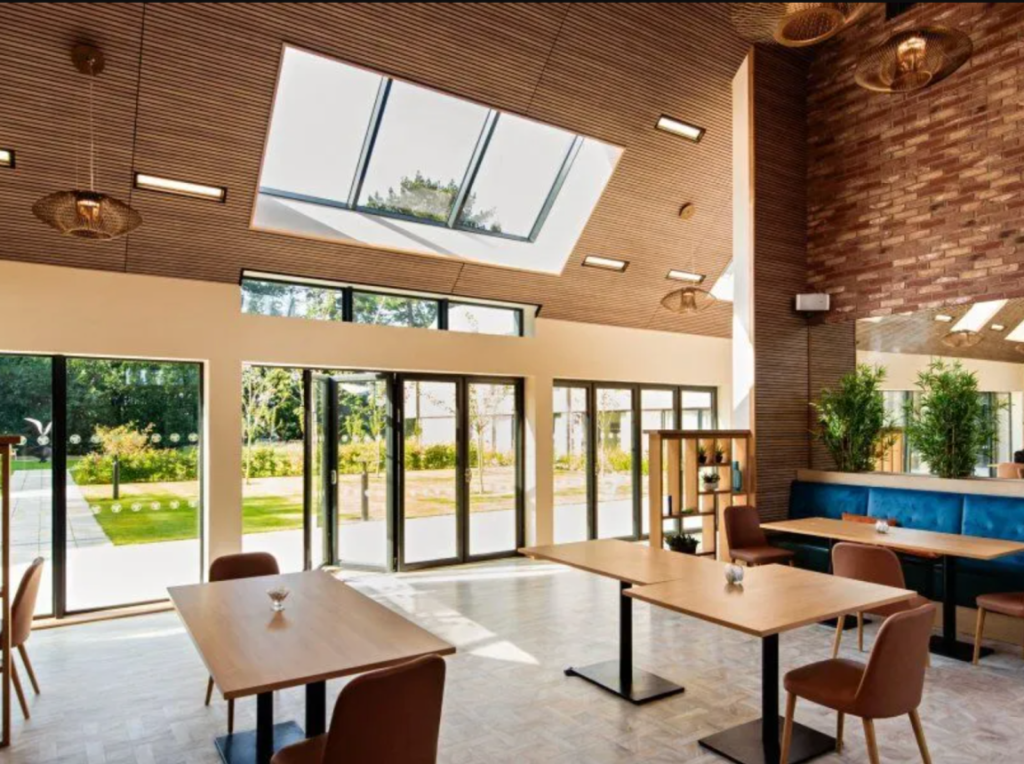“We all need to get away from time to time from problems we have. Whether that’s addiction problems, work-life balance issues or excessive pressure on you. This is the perfect facility for that purpose.”
Treatment & Rehab for Burnout
Work burnout, or job burnout, is a type of work-related stress caused by increased pressure at work, workaholism, and more, leading to physical and/or emotional exhaustion. Regroup, recover, and recharge from work burnout at our state-of-the-art, purpose-built private rehab in the heart of the Cheshire countryside, Delamere.


Delamere rehab for burnout
Work is a huge part of our lives for most of us because it’s where we spend the majority of our waking hours. It’s how we provide for our families and for some of us, it’s a big part of our individual identity.
However, when your work is making you feel depressed, anxious, or starting to have any kind of negative impact on your life – you could be experiencing signs of job burnout. It’s estimated that burnout affects around 12 million people in the UK alone each year, which then manifests as drug addiction, alcoholism, depression and other addictions or mental illnesses. If you’re feeling burnt out from your job – it’s important to get help.
At Delamere, we’ve helped dozens of people with job burnout recovery, providing them with a safe space to relax, unwind, and recalibrate in the capable hands of our care team. We believe in a more holistic approach to healing and recovery, focusing on treating the whole person – not just the problem or symptom. Our work burnout treatment programmes allow guests to press the pause button and focus on getting to a more balanced, healthy place both physically and mentally, free from all the usual distractions.
Take some time away to clear your head and focus on yourself with our carefully curated work burnout treatment and the support of our compassionate and experienced team.
Our Stop, Start, Grow & Bloom model is a refreshing approach to job burnout recovery and what makes Delamere different. The first step to our work burnout treatment is a full medical and psychological assessment and a tailored medication programme should it be necessary to help treat any physical symptoms of your anxiety or depression. From there, guests participate in a range of therapies to heal and learn how to prevent job burnout in the future including 1-1 counselling and group therapy as well as more holistic practices such as equine therapy, meditation, yoga, art, breathwork, and music.
Once guests leave Delamere, they are invited to join a small peer group and work through our bespoke syllabus of twelve weekly modules to support the first 12 weeks of post-residential treatment. We also provide 15 months of rehab aftercare on a weekly basis.
Workplace burnout, addiction, & stress at work

“I didn’t have trouble with alcohol or drugs but the therapist, mentors, and staff helped me greatly in my depressed state. I can honestly say I exited a better, happier person.”
– Michael Theodorou, Former Delamere guest
View Our Treatment Model View our Environment Call now: 0330 111 2015
Why is burnout rehab important?
Work burnout can be extremely detrimental to a person both psychologically and physically. From chronic stress symptoms like headaches and intestinal issues to emotional exhaustion and a heavy toll on self-esteem, the effects of job burnout can be all-encompassing. People presenting symptoms of work burnout are also more prone to experiencing depression and substance abuse.
A rehab for burnout such as Delamere offers a much-needed escape from the pressures and demands of life, enabling those suffering from work burnout and any accompanying addictions the opportunity to fully focus on getting themselves well. Our state-of-the-art clinic gives you time to recharge, reflect, and make any adjustments needed to create a healthy work-life balance and prevent burnout in the future.


The Delamere approach to work burnout treatment
An inpatient stay at Delamere is a deliberately intensive 4-phase work burnout treatment, one which we have crafted over time and has helped many participants recover. Our emphasis is on holistic therapy, treating the whole person rather than just the symptoms they present with.
Our approach at Delamere comprises 4 core phases: Stop, Start, Grow, & Bloom. Everything we offer at Delamere aims at effective and lasting outcomes in addiction treatment:
How to encourage a loved one to go to burnout rehab
At Delamere, we understand just how much job burnout can take a toll on relationships. If someone you care for is suffering from work burnout, it can be extremely frustrating and concerning to watch. At Delamere, we offer family support services to help you manage conversations with your loved one, friend, or even work colleague to help encourage them to seek help. Should it be necessary, we also provide intervention services.
If you are considering organising an intervention for someone you care for or need support on how to get a loved one to embark upon a burnout rehab programme, contact Delamere today.
Frequently asked questions about job burnout
There are many strategies you can develop to help deal with job burnout such as physical self-care (i.e., diet, physical activity, sleep), practising mindfulness, and speaking to your boss or co-workers to try and manage your workload or situation. However, seeking support for work burnout is imperative. Delamere work burnout rehab offers guests the opportunity to distance themselves both physically and emotionally from work and to acquire the tools they need to protect and maintain job burnout recovery.
Spotting signs of burnout is easier with some people than others because we all respond to life differently. For example, someone may appear agitated, short-fused, and lash out; whilst someone else might appear tired, distant, and numb.
If you’re concerned that you or someone you know is suffering from burnout, here are some of the common signs to look out for:
- Alienation from work-related activities.
- Headaches.
- Stomach aches.
- Loss of appetite.
- Lack of self-esteem and confidence.
- Irritable and frustrated with themselves.
- Lethargy.
- Overeating, smoking more, drinking more, or substance abuse.
- Difficulty concentrating or being creative.
- Presenteeism – the need to be ever-present at work i.e. starting early, working late, pulling overtime.
Let us help you today
Start your recovery journey by contacting us today.
Confidential. Straightforward. Friendly.
Help and support for mental health
Discover more advice on the Delamere blog
-
Is the UK experiencing a gambling addiction crisis?
Is the UK experiencing a gambling addiction crisis? New research by the University of shows young gamblers 4x likelier to attempt suicide.
-
The rise of shopping addiction in the UK
Since the pandemic shopping addiction has doubled; 10% of the population has a shopping addiction. Delamere looks into the signs & how to manage it.
-
Setting Boundaries with your Smartphone
Students will spend 25 years of their lives on their smartphones if current screen time habits continue. Delamere gives tip on how to set boundaries with your smartphone.
-
How digital detoxes can help to reconnect
People are struggling with social media, phone, and internet addiction. Discover how digital detoxes can help to unplug and reconnect.





















